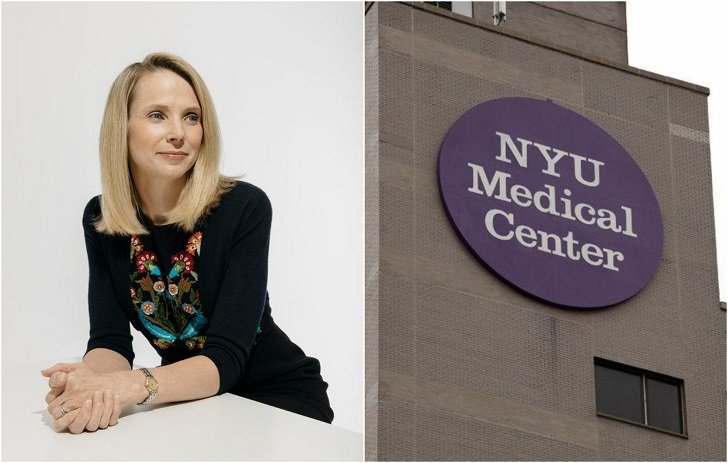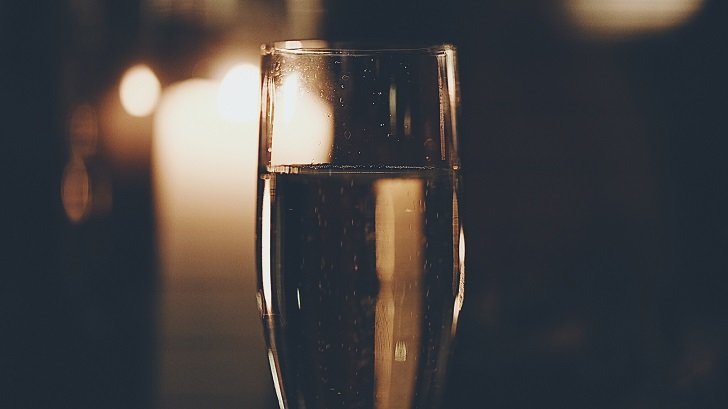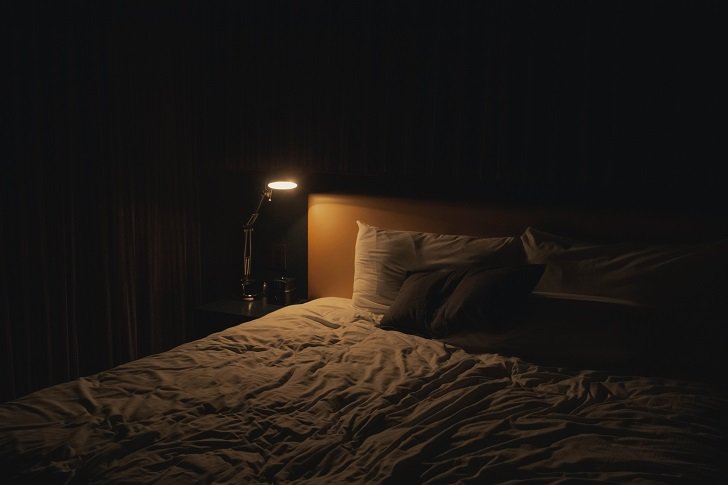Is It Really True That People Only Need Five Hours of Sleep to Be Successful? A New NYU Study Settles The Score
There’s no dispute that sleep is a vital human need to keep people in top mental, emotional and physical state. But there are plenty of disputes beyond that fact. One of the most debated things about sleep is how much of it people actually need.
In recent years, the belief that humans only need five hours of sleep to maintain general health has grown more and more popular. With many successful entrepreneurs following this principle, this tidbit has been associated with productivity and success by the common folk. But is there really any scientific truth to it?
Researchers at the New York University (NYU) School of Medicine have finally set the record straight.
Sleep Health Study

Mayer is only one of the many business executives and entrepreneurs who say they only get a few hours of sleep
In a study published in the journal Sleep Health, the NYU researchers sought to review some 8,000+ internet sources in search of the most common sleep ‘facts’ and test if they’re actually scientifically sound.
One of the most popular sleep ‘facts’ they found and debunked is the five hours of sleep tidbit. According to the research, it’s better to have a more consistent sleep schedule of at least seven hours of sleep every night.
So, it seems like business executives like Yahoo! CEO Marissa Mayer actually have a two-hour sleep deficit. Known for working 130-hour weeks, Mayer says she only sleeps four to six hours each night. While this setup may work for her, scientists still recommend people to get their seven hours of rest.
Other Sleeping Myths

While having a glass of wine a day has health benefits, it might be better to drink it hours before bedtime
The study also found that there are plenty of online sources that falsely claim that snoring is a totally harmless occurrence. Sure many people snore. It’s pretty common but it can also be a sign that something may be wrong with the body. Snoring is actually one of the most telling symptoms of sleep apnea. Thus, the researchers recommend people who snore to consult with their doctor to check if they may have health problems.
Another sleep myth the study debunked is the one about how having a drink before bed can help people sleep. The opposite was found. In actuality, drinking before bed can prevent people from reaching deep sleep which can impair a person’s daily functions.
Healthy Sleeping Habits

A dark bedroom is said to be helpful in tricking the body to get ready for sleep
According to New York-based doctor, Ellen Vora, people’s sleep-wake cycle used to be natural and automatic. Sunlight signals awakeness while darkness the opposite. Unfortunately, the invention of electric light and other electronic devices have contributed to disturbing this natural cycle.
To get back on this sleep-wake cycle, she recommends people who have trouble sleeping to sort of trick their brains. Vora touts the importance of not using your phone or laptop while in bed too. Another trick is to keeping the bedroom dark to encourage feelings of sleepiness more effectively.